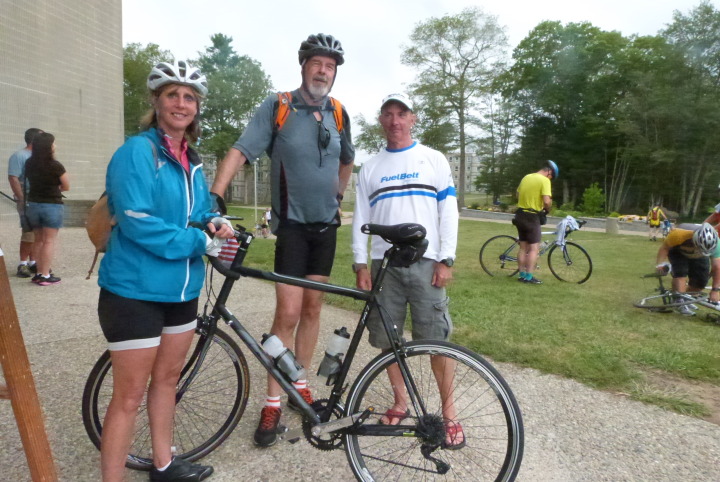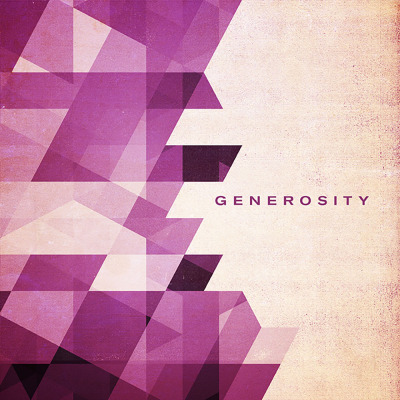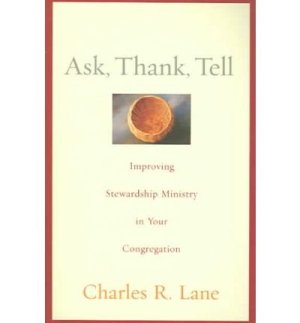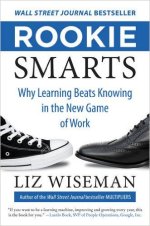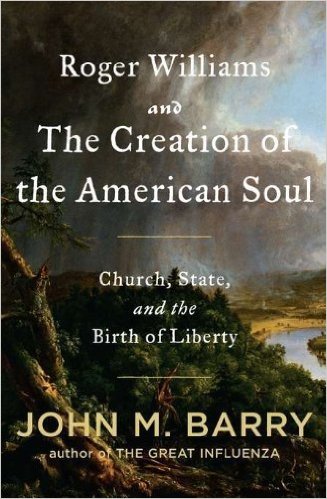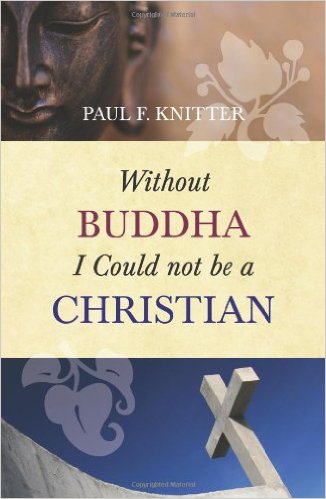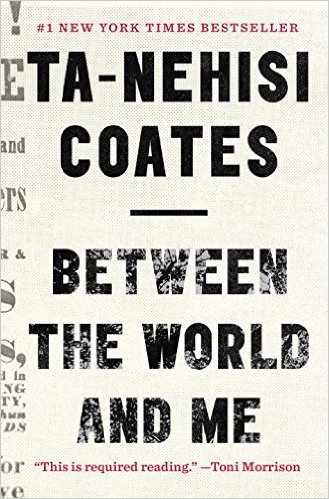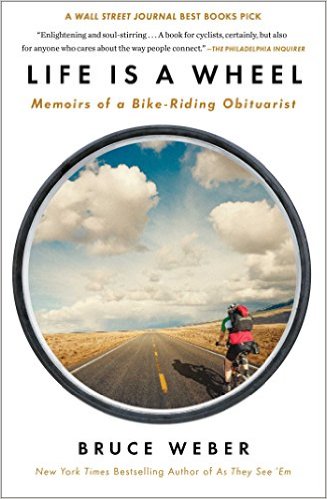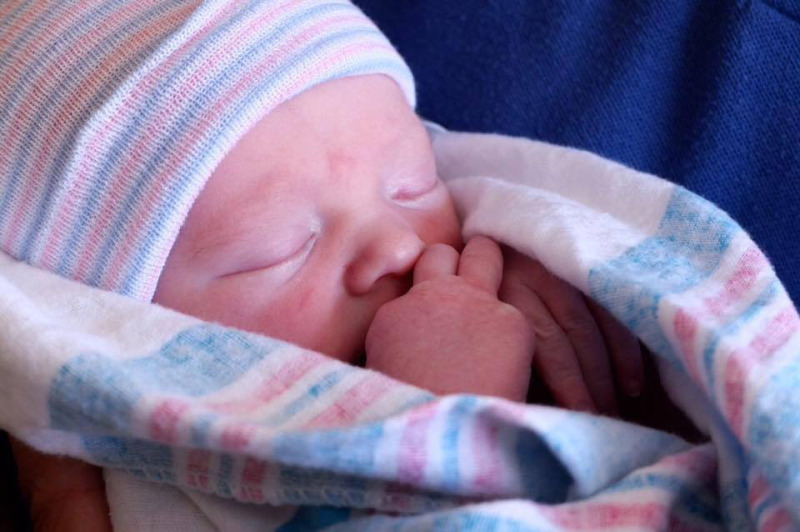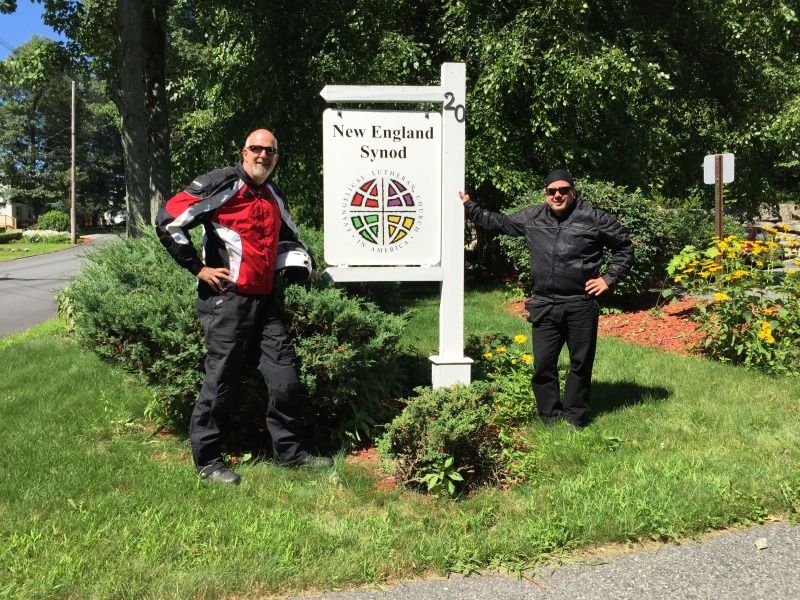My First Century on a Bike
Yesterday, I completed my first century. That is riding 100 miles in one day. It's is the bicycling equivalent of running a marathon. It was exhausting, rewarding and this morning as I sit at my computer with minimal pain, I can honestly say, I'd do it again.
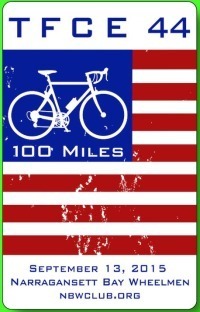 The event was sponsored by the Narragnsett Wheelmen (and women) Club. THey've been doing this for 44 years, and judging from the level of experience on the ride, it's clear there are people who are in amazing physical shape - some of them well into their 70's and 80's. This means there is hope for all of us as we age. We don't need to give in to the myth of age = slow decline.
The event was sponsored by the Narragnsett Wheelmen (and women) Club. THey've been doing this for 44 years, and judging from the level of experience on the ride, it's clear there are people who are in amazing physical shape - some of them well into their 70's and 80's. This means there is hope for all of us as we age. We don't need to give in to the myth of age = slow decline.
I will admit that in the days leading up to this event, I became quite nervous. I suppose that's only natrual - a reminder that when we take on new things, we get uncomfortable. Change makes us nervous. But, I prepared my bike and loaded the car the night before.
The real preparation began last December 16, when a stranger told me about two books that have become my bibles (in addition to the Bible). They are Younger next Year and Thinner This Year by Chris Crowley. His newest book on Exercise will be released this December, just in time for Christmas gifts. I spent the winter working out and eating right. It's not complicated, but it does require discipline. Then in April I bought a bicycle cause I knew I'd get bored of the treadmill at the gym, and I can't run anymore due to my knees. (Stemming from some old basketball injuries and, well, just the nature of being a tall person) The bike I got from Lennard Zinn, who makes bikes for big people. I did this cause the local bike shops looked at me and said, "ah, well, we could special order something."
The ride was a challenge. The first 31 miles went pretty smooth for me, and I was feeling good and humming a long. The next leg took me to mile 48. I was still doing fine. These markers are the locations of the rest stops, where they have facilities, water, sports drinks, and carbohydrates. It's a refueling station. The next leg really broke me. Around mile 60 I just ran out of gas, and fatgue became the name of the game. I found myself creeping along and counting the miles to the next stop, which was at mile 72. Here I collapsed. Exhausted. I ate, drank and took a short nap. Yes, I dosed off for a few minutes. I needed that.
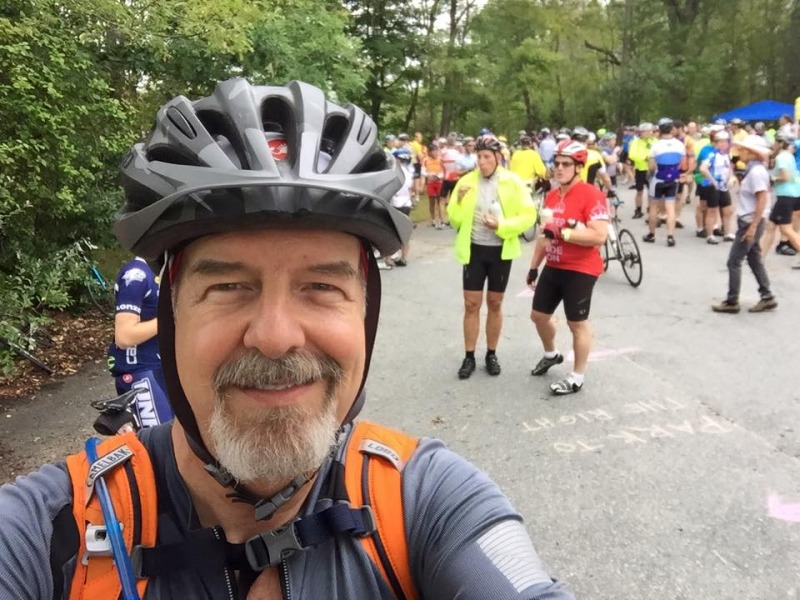
Mile 31 - Feeling pretty good
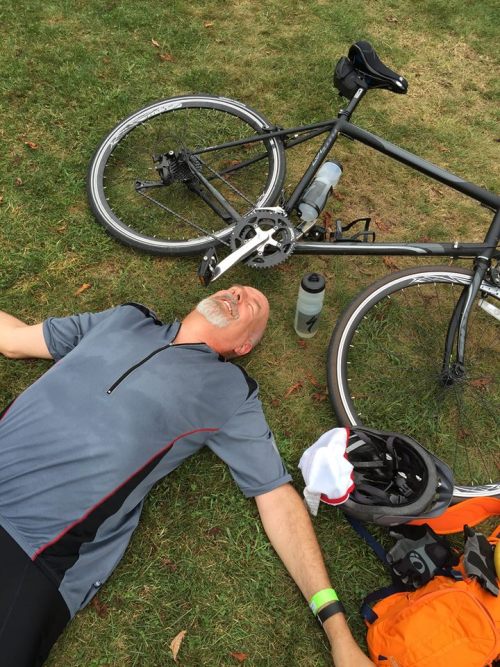
Mile 72 - I may be smiling for this posed photo, but I was exhausted.
The last 29.5 miles were a range of painful peddling to comfortable crusing and humming along. You know the end is near, and despite the temptation of the various ice cream shops with cyclists stopped at, you just keep going. I paused around mile 81 after a big hill. (Heck, any hill at this point in the ride feels big) I could see the clouds rolling in from the west, and that made me aware of the predicted rain, so I pushed on, finally finishing the event.
Kerry and her brother Bill, along with Lisa (photographer) were their to greet me. I'm sured they'd been waiting for some time. Bill competes in Ironman Triatholons. The ride was done, I get a funny T-shirt and a regrigerator magnet. (Bet you are jealous)
Mostly what I have is a marker in my quest to be in better physical shape, taking care of this gift of life, and living longer and stronger. That's the best reward.

